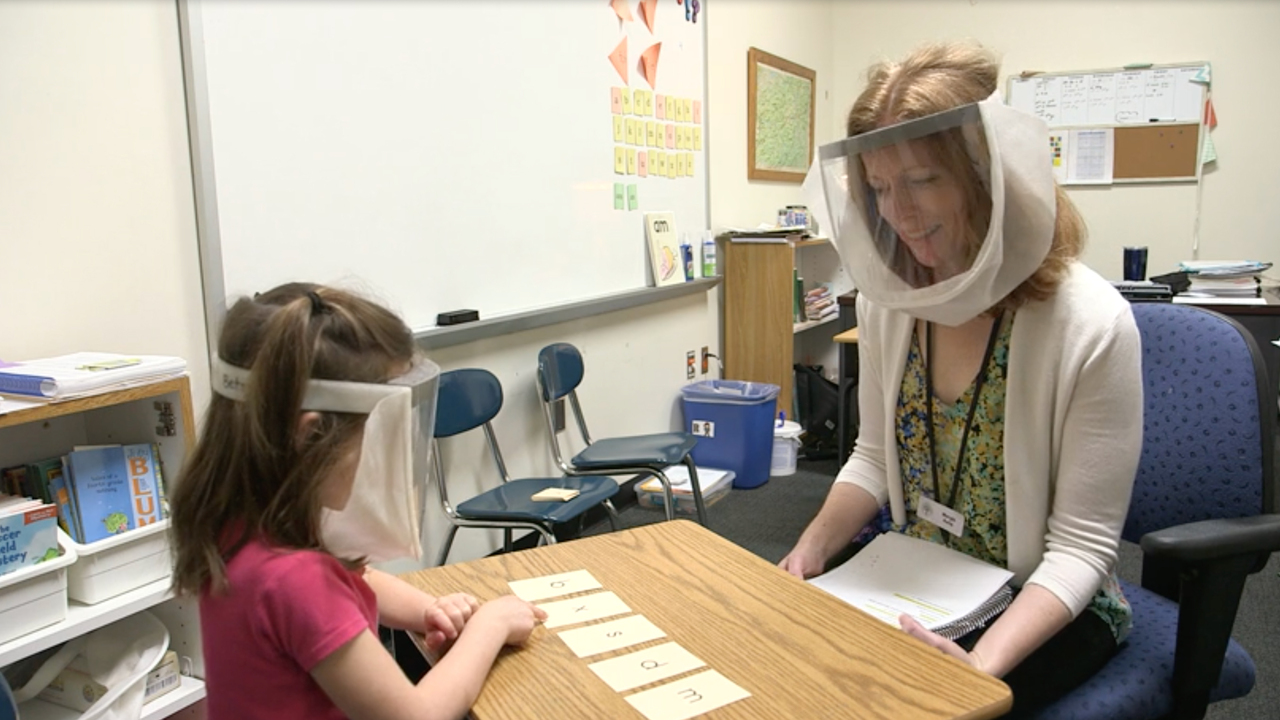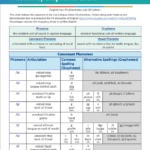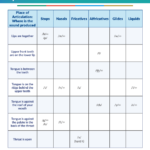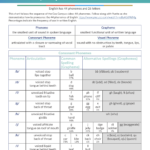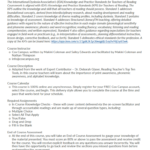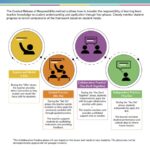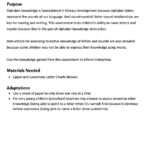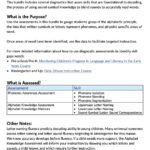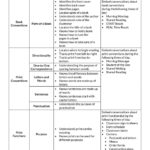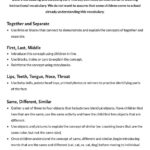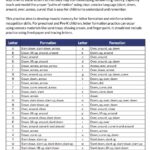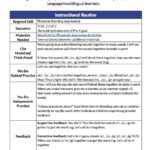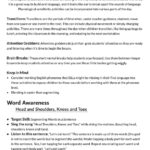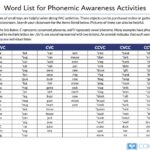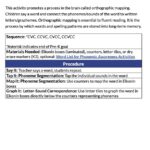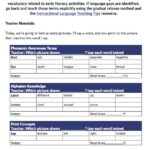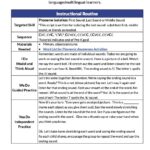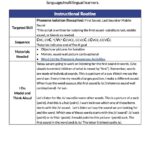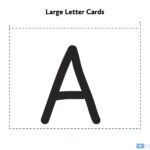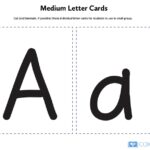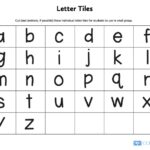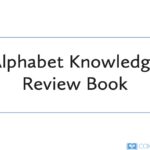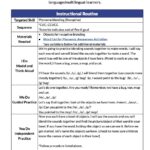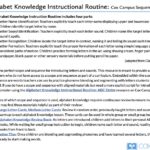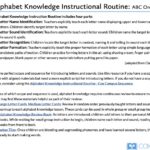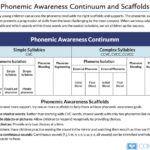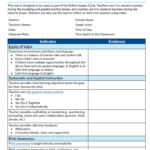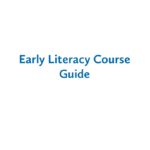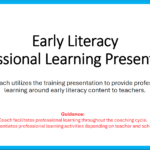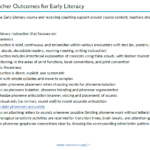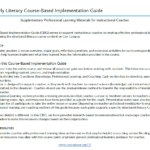Early Literacy
Adapted from the work of Expert Contributor – Dr. Deborah Glaser, Reading Teacher’s Top Ten Tools, in this course teachers will learn about the importance of print awareness, phonemic awareness, and alphabet knowledge.
- Cost
- 100% Free
- Time to complete
- 2 Hours
- Provides a
- Certificate of Training
- K-3 teachers
- Nonprofit staff and Volunteers
- Learners will understand the different print awareness skills and apply this knowledge to their teaching practices.
- Learners will understand the different phonemic awareness skills and apply this knowledge to their teaching practices.
- Learners will understand the different alphabet knowledge skills and apply this knowledge to their teaching practices.
- Learners will be able to plan for teaching early literacy skills in their classrooms.
We know from decades of research how students learn to read, how to assess to identify those at risk, and what and how to teach so that the majority of our students can be successful. The approaches used to teach children in many of our schools apply methods that do not teach our most vulnerable students the skills they need to be successful. This course will lead you into a world of knowledge and instructional practice that will make it possible for you to be the difference in your students’ lives.
How it Works
-
Learn at Your Own Pace
You don’t have to finish the course all in one sitting. In fact, we recommend you take this course a little bit at a time, incorporating what you’ve learned in the classroom.
-
Earn IACET CEUs
In order to pass and receive IACET CEUs for this course, you will first need to complete all the lessons, then complete the end of course assessment with a score of 80% or higher.
-
Free Guided Resources
As you go through a course, we’ll introduce you to free resources that will help you implement what you’re learning.
-
Never Learn Alone
Have a question on what you’re learning in the course or how to use a resource? Reach out to the Cox Campus community for advice or to lend a helping hand to others.
Lessons
-
Lesson 1
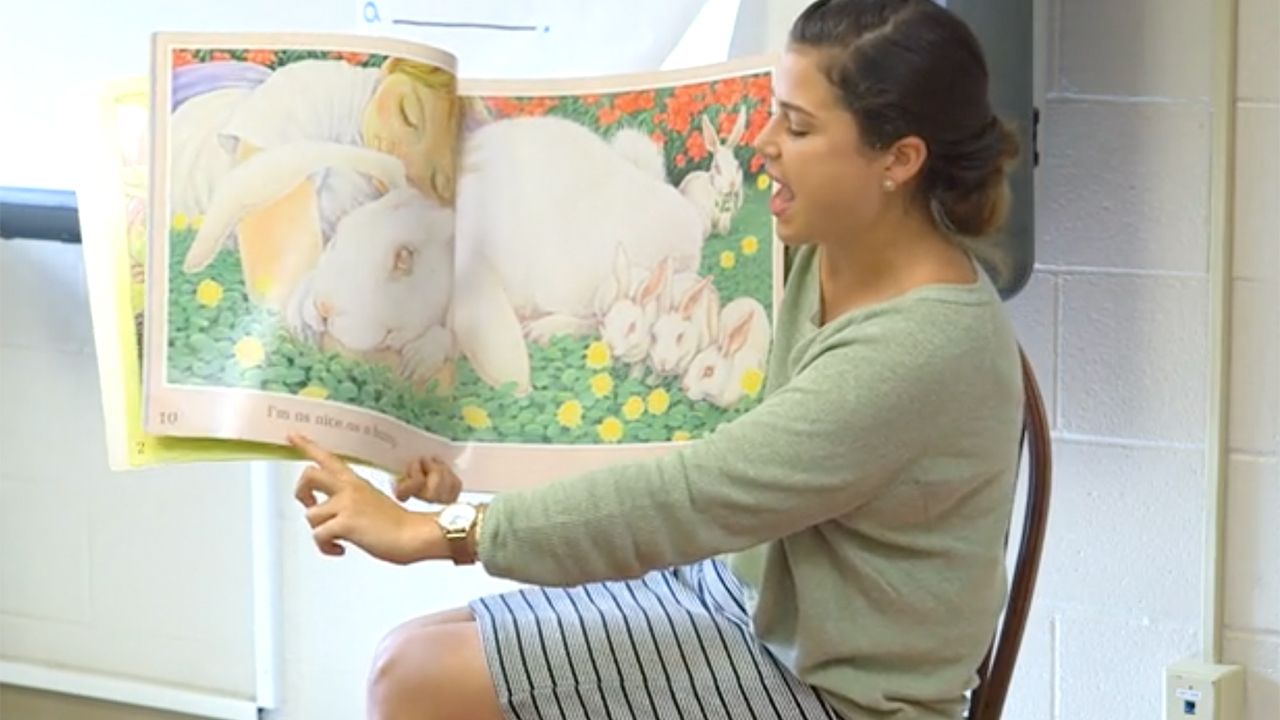
An Introduction to the 3 Domains of Early Literacy
Duration 13 minutesIn this lesson, you will learn why print awareness, phonemic awareness and alphabet knowledge are important for early literacy development. -
Lesson 2
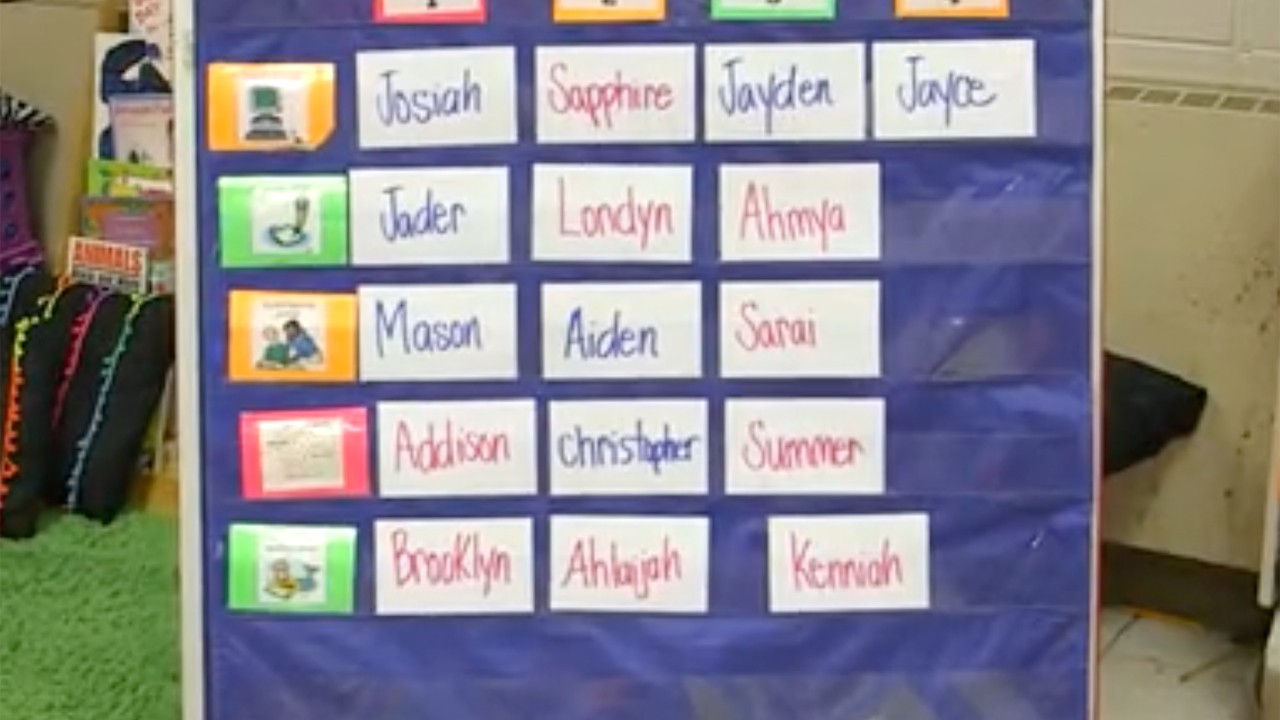
Print Awareness
Duration 10 minutesIn this lesson, you will take a deeper dive into print awareness. You will learn about the three categories of print awareness and see how to teach it in the classroom. -
Lesson 3

Phonemic Awareness
Duration 37 minutesIn this lesson, you will take a deeper dive into phonemic awareness. You will practice pronouncing phonemes and learn about each of the phonemic awareness skills. Plus, you will see real classroom examples. -
Lesson 4

Alphabet Knowledge
Duration 29 minutesIn this lesson, you will take a deeper dive into alphabet knowledge. You will learn about the connection between letters and sounds. Plus, you will see real classroom examples. -
Lesson 5

Early Literacy End of Course Assessment
Duration 18 minutesIn this lesson, you will take the end-of-course assessment and post-course survey. You must score 80% or higher to pass the assessment and receive your certificate of completion.
Your Facilitators
Success Stories
-
"I love the Cox Campus courses because I am able to log on at my convenience and learn a little more information to help me be a better teacher/caregiver and even a better parent."StaceyInfant/Toddler Teacher
-
"I enjoy learning new ways to interact with children and to help them become the best they can be and be able to succeed in life to the fullest."SheriTeacher
-
"I have learned so much to take back to my classroom. I’m using these learning experiences to help strengthen the language of each child and I see a difference each day in the children’s language."DeborahTeacher
FAQs
The Rollins Center, of the Atlanta Speech School, in some cases, may allow an instructor, facilitator, content editor or a subject matter expert or consultant with proprietary interests to conduct professional development activities at Rollins events, provided that appropriate disclosure of such interest is made. Disclosure of proprietary interest will be made on course material and at the beginning of the course/learning event, when applicable.
